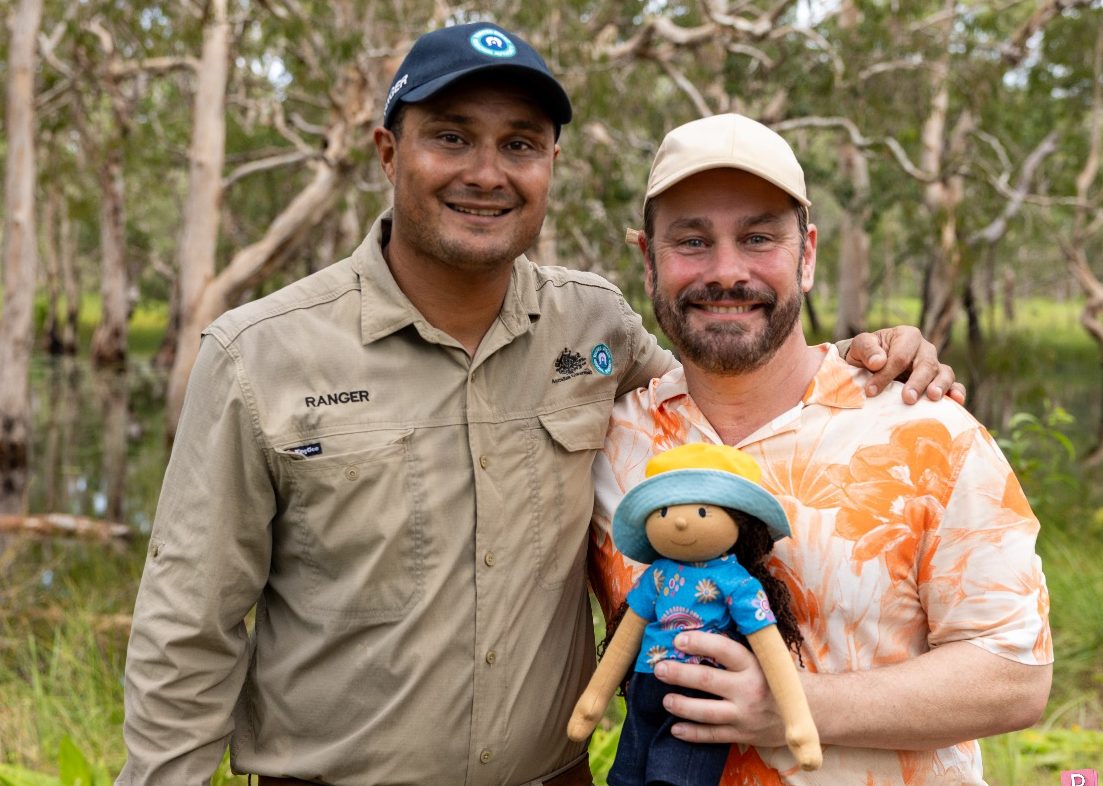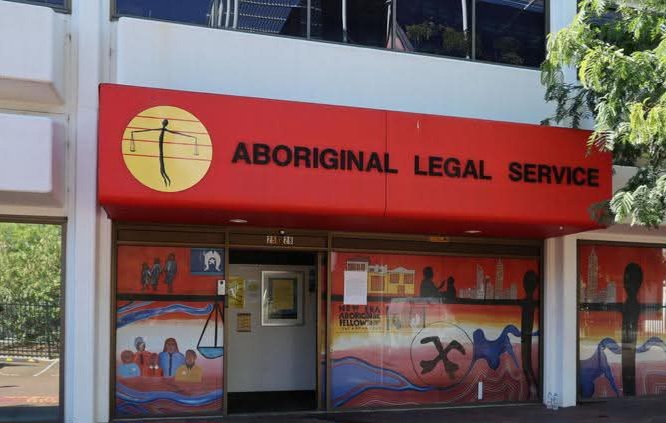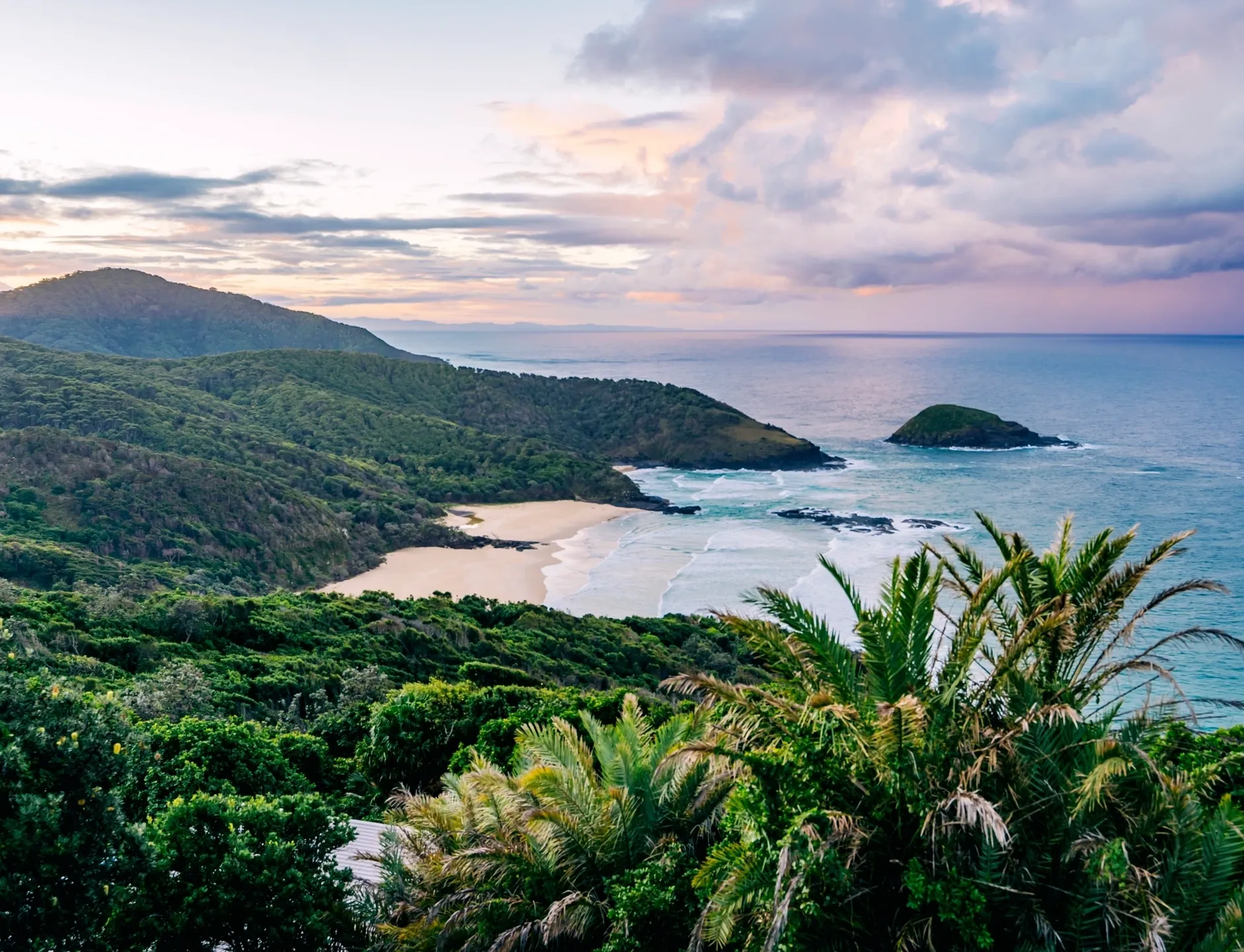
Tiwi Islanders lose challenge against Santos’ pipeline
By RUDI MAXWELL
Tiwi Islands traditional owner Simon Munkara has lost his Federal Court case seeking an injunction against Santos’ Barossa gas export pipeline in the Timor Sea.
The Federal Court has dismissed Tiwi Islanders’ challenge against Santos’ gas pipeline in the Timor Sea.
Jikilaruwu traditional owner Simon Munkara lodged civil enforcement proceedings in the Federal Court in October against Santos over its Barossa gas export pipeline, saying that cultural heritage would be at risk by its construction.
Mr Munkara asked the court for an immediate short-term injunction to prevent Santos from beginning work to install its Barossa export pipeline, as well as a wider injunction to prevent the work going ahead until Santos had revised its environmental plan, so that the pipeline’s impact and risk to underwater cultural heritage were properly assessed.
Justice Natalie Charlesworth granted the emergency interim injunction, stopping work from beginning on the pipeline, just hours before it was due to start in early November.

Tiwi Islanders argued there was a significant new environmental impact or risk from the pipeline.
After a further hearing in November Justice Charlesworth granted a partial interim injunction to restrain work on the pipeline, except for in an area about 75km north of the Tiwi Islands and further.
On Monday Justice Charlesworth dismissed the Tiwi Islanders’ case and awarded costs to Santos.
In March 2020 the National Offshore Petroleum Safety and Environmental Management Authority (NOPSEMA) accepted Santos’ environment plan for construction of the pipeline.
The Tiwi applicants argued there was a significant new environmental impact or risk.
Tiwi Islanders told the court that there are a number of cultural features along the area of the pipeline route.
They said the Jikilaruwu, Munupi and Malawu peoples of the Tiwi Islands have a spiritual connection to the area of sea country through which the pipeline will pass and its construction will damage in a number of ways.
The pipeline will disturb the travels of an ancestral being of fundamental importance in their culture, Ampiji, a rainbow serpent, the traditional owners argued.

Tiwi people also argued the pipeline would disturb a songline from Bathurst Island into the sea. Lukas Coch/AAP PHOTOS
Tiwi people also argued that the pipeline would disturb the Jirakupai or the Crocodile Man songline, which runs from Cape Fourcroy on the western most point of Bathurst Island into the deep sea in the vicinity of the pipeline route.
Justice Charlesworth said for the Tiwi applicants to be successful, they needed to show there was a significant new environmental impact or risk.
The new information they relied upon is an expert report of a geoscientist, who engaged in a cultural mapping exercise with Tiwi Islanders.
“I have drawn conclusions about the lack of integrity in some aspects of the cultural mapping exercise, which undermined my confidence in the whole of it,” Justice Charlesworth said.
“As a consequence of that conclusion, I am not satisfied that there is any risk of environmental impact of the kind asserted by the applicants in this part of the case, and it has therefore been unnecessary to consider whether any such risk should be characterised as ‘significant’ or ‘new’.”
The judge said there had been a significant degree of divergence in traditional owners’ accounts about the Ampiji and the Crocodile Man songlines.
“On the evidence before me, I am not satisfied that evidence given by the witnesses called by the applicants is broadly representative of beliefs held by the relevant group or groups of people and so cannot be characterised as a ‘cultural feature’ of an area, place or ecosystem,” she said.
Justice Charlesworth found there wasn’t a significant risk to tangible cultural heritage either.
“The evidence establishes nothing more than a negligible chance that there may be objects of archaeological value in the area of the pipeline route,” she said.
“I have reached that conclusion largely because I am not satisfied that the expert reports relied upon by the applicants can support the propositions for which they argued.”
AAP
Aboriginal Counselling Services 0410 539 905









